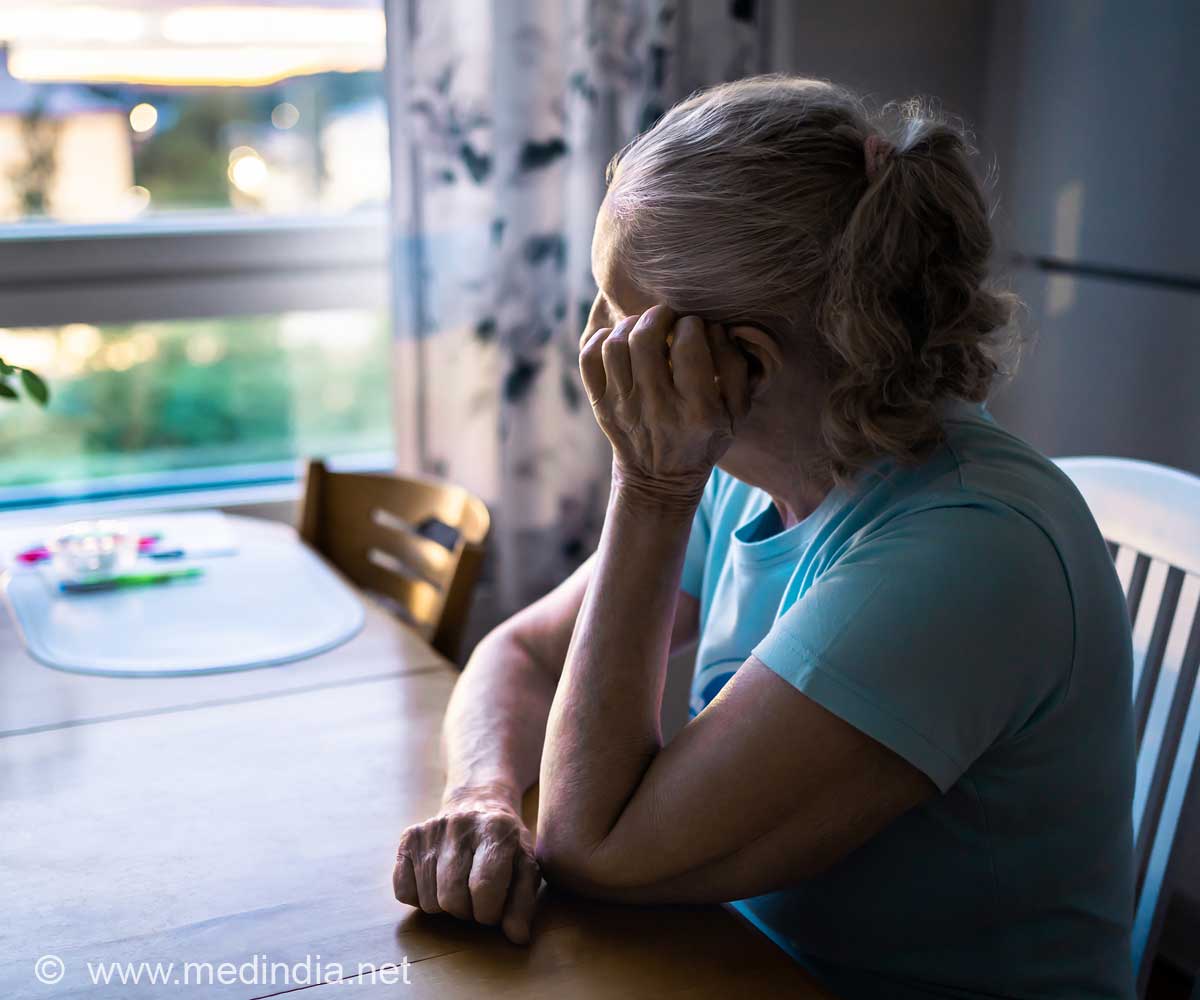Loneliness takes a toll on your mental health by raising your dementia risk by 31%. So, stop feeling lonely to protect your brain from memory-robbing diseases.

‘Did You Know?
Loneliness can dim your mind by increasing your risk of dementia by 31%. #loneliness #dementia #medindia ’





Loneliness can dim your mind by increasing your risk of dementia by 31%. #loneliness #dementia #medindia ’
Alone in Heart, Lost in Thought
The meta-analysis of 21 longitudinal studies showed that experiencing feelings of loneliness increased the risk of developing dementia by 31%. The research was published in Nature Mental Health (1✔ ✔Trusted SourceA meta-analysis of loneliness and risk of dementia using longitudinal data from >600,000 individuals
Go to source).
“These results are not surprising, given the mounting evidence that link loneliness to poor health,” said Assistant Professor Martina Luchetti, who led the study. “Dementia is spectrum, with neuropathological changes that start decades before clinical onset. It is important to continue studying the link of loneliness with different cognitive outcomes or symptoms across this spectrum. Loneliness – the dissatisfaction with social relationships – may impact how you are functioning cognitively, and in daily life.”
Loneliness: A Silent Risk Factor for Cognitive Impairment
The analysis revealed that loneliness is a major risk factor for cognitive impairment, independent of age or sex. It also linked loneliness to specific causes of dementia, such as Alzheimer’s disease, and cognitive impairments that can occur before a diagnosis.The team’s work was spurred by the World Health Organization and U.S. Surgeon General, who declared loneliness a public health crisis in the wake of the COVID-19 pandemic and its associated social restrictions.
“There has been a lot of interest in the consequences of loneliness for health,” Luchetti said. “It is important to understand why and under what circumstances it increases risk for late life dementia.”
Advertisement
“We know there are rising cases of dementia in low-income countries,” she said. “Future studies need to gather more data from those countries to evaluate what are the effects of loneliness in different national and cultural contexts.”
Advertisement
“Now that there is solid evidence of an association, it is critical to identify the sources of loneliness to both prevent or manage loneliness and support the well-being and cognitive health of aging adults,” Luchetti said.
Therefore, don't let loneliness dim your mind.
References:
- A meta-analysis of loneliness and risk of dementia using longitudinal data from >600,000 individuals - (https://www.nature.com/articles/s44220-024-00328-9)
Source-Eurekalert















